Some news outlets recently released information about warnings of earlier sightings of large hornet and wasp nests. Is there reason for concern, or is this the typical annual overreaction to wasps? Are large hornets on the rise?
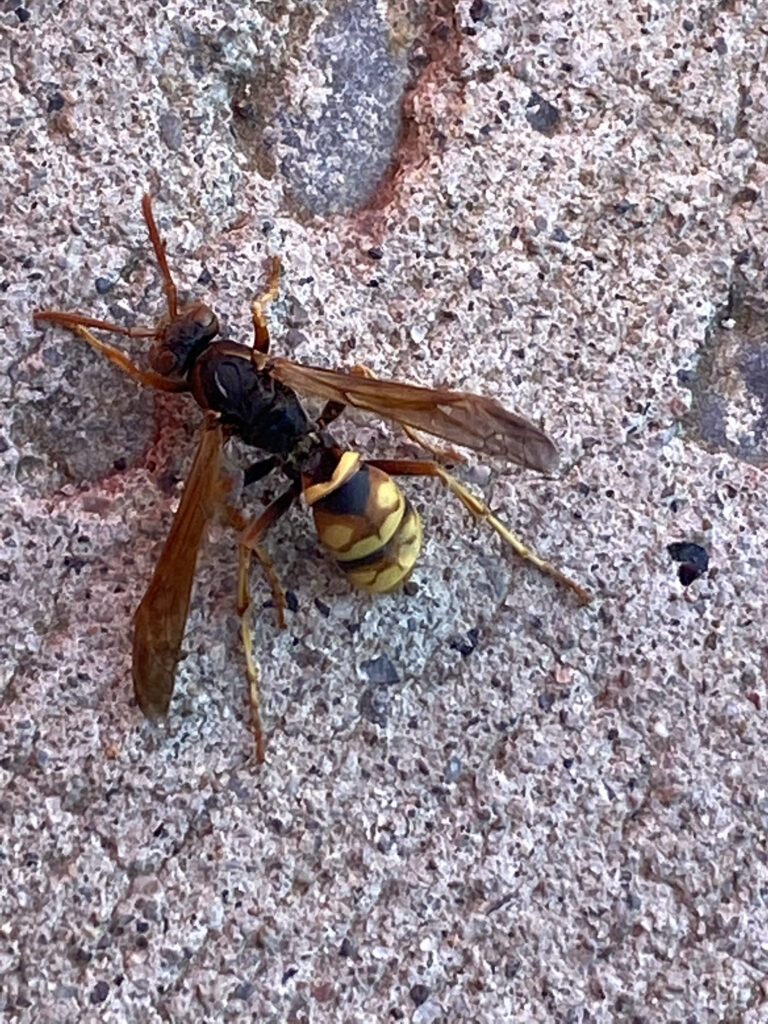
Growing Arthropod Populations vs hornets on the rise
Warm temperatures and high humidity are a great recipe for a robust insect and arachnid population. Since wasps are insects, they will flourish in the same conditions. The relatively mild winter combined with high temperatures and plenty of humidity has given insects including wasps the perfect runway for hornets to be on the rise this year.
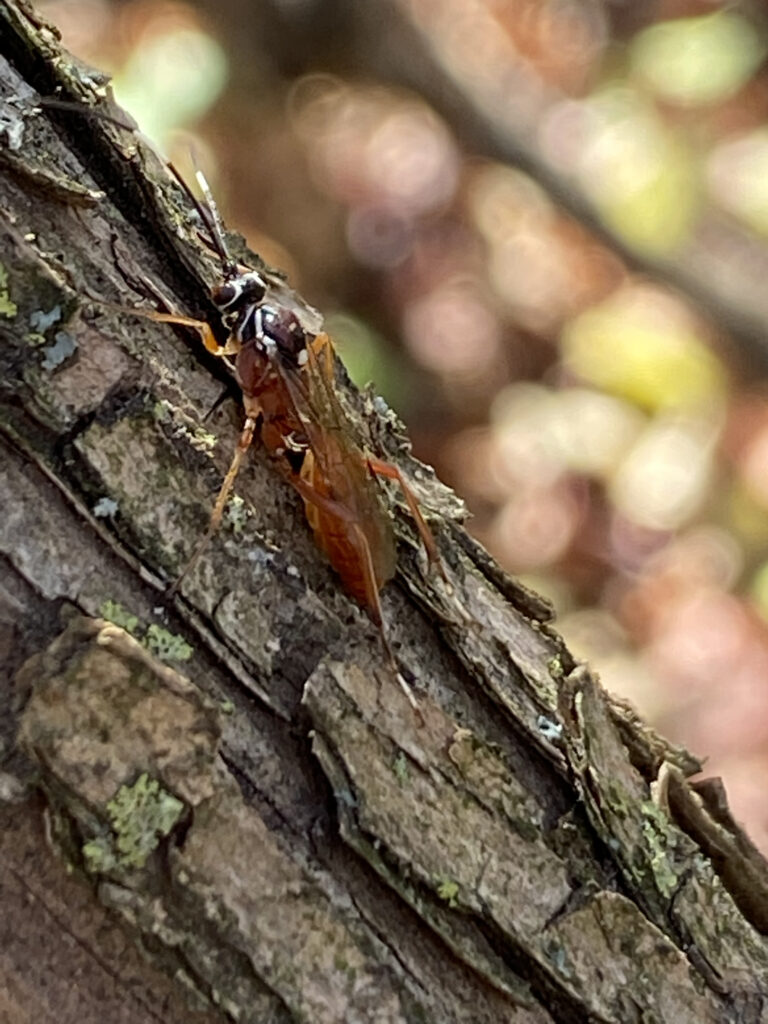
Rising hornets – a Predatory Perspective
Additionally, since wasps are a predatory insect, the general rise in any arthropod population will spur a hornets on the rise situation in any town. When wasps are developing in the nest, they rely on their adult counterparts to gather food for them. The motivation for the food gathering is an exchange of a sweet secretion the wasp larvae put out for their hunting buddies. Considering this exchange, it is not surprise that wasps will bypass the hunt and feed process for a quick thieving of your sugary drink.
Larger nests
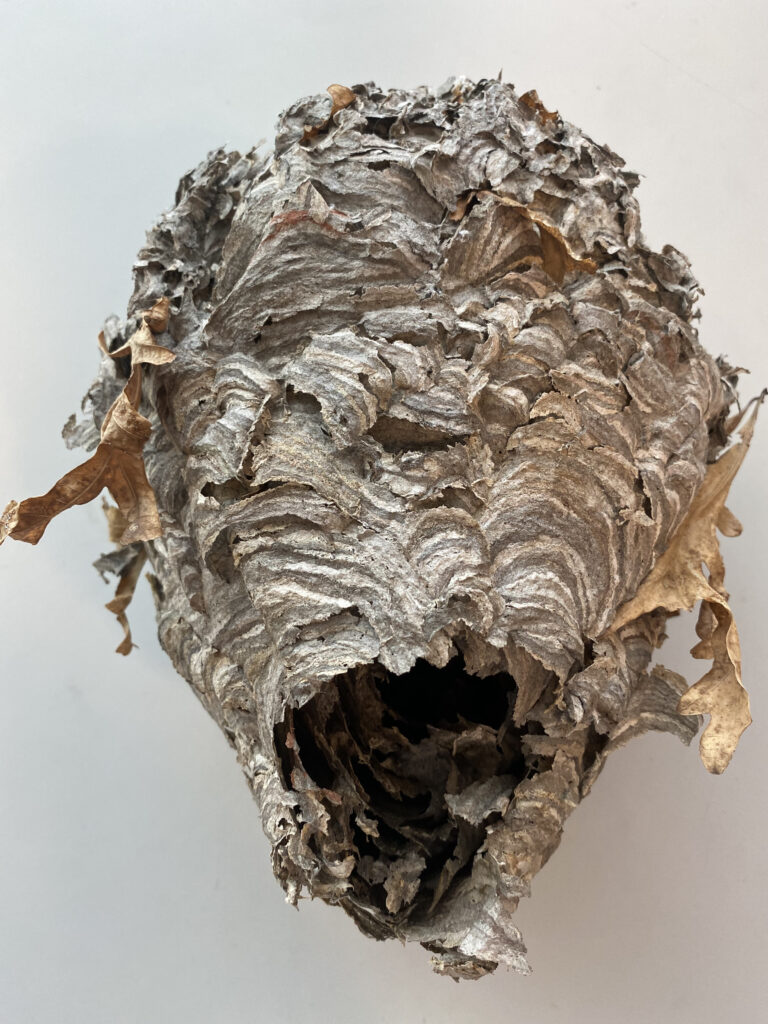
The climate conditions do contribute to the rapidly growing populations but the major difference in nest size is largely a product of species of wasp. More people tend to be familiar with umbrella shaped paper wasp nests and yellow jacket nests that appear in the eaves of structures or in structural voids. There are some yellow jackets and bald faced hornets which construct larger nests. It is common to find bald faced hornets nests in landscaping around the property that have grown to be the size of a basketball. The number of these wasp nests is definitely on the rise this year.
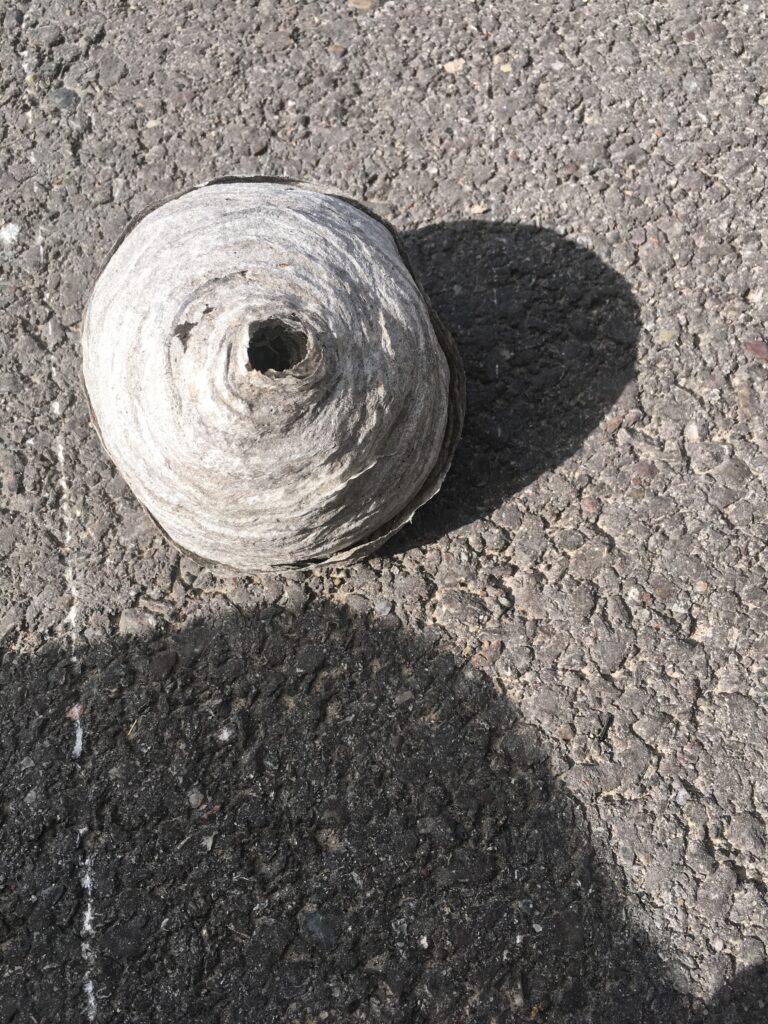
Raising the defenses
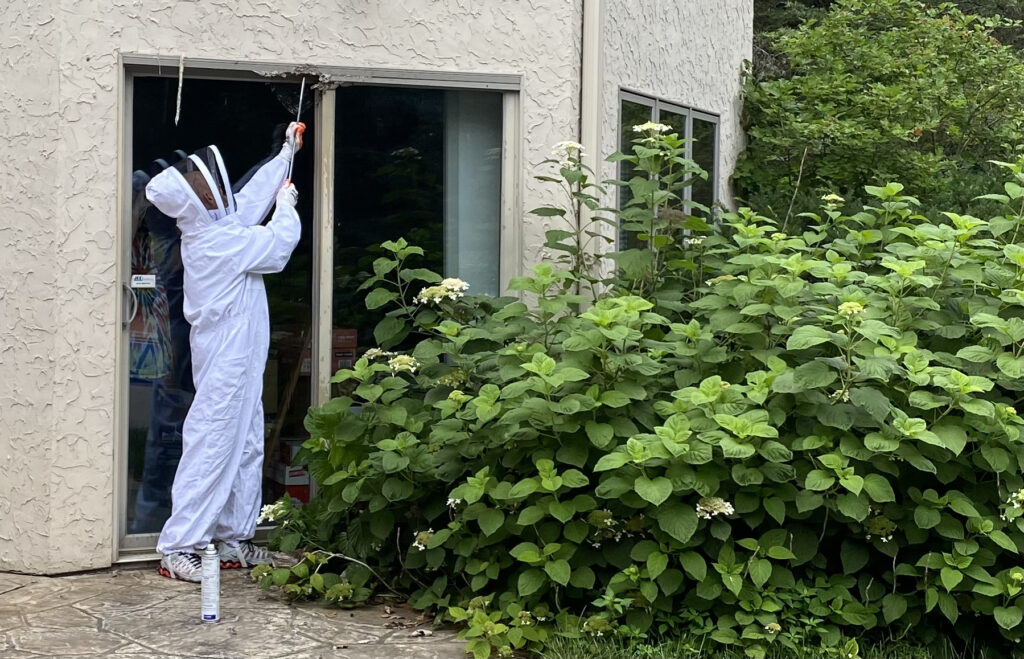
Wasps don’t carry diseases, but their sting is enough to be concerned about. Some individuals have allergic reactions to them including extreme cases of anaphylaxis. Most important to remember is they have a signal that can go out to surrounding wasps to coordinate and recruit additional stingers in an attack. Keep your property protected from these painful nuisances with Rove Pest Control’s wasp monitoring and nest removal.
About Rob Greer: Pest Control Expert and Industry Leader
Rob Greer, co-founder of Rove Pest Control, has a deep connection with nature, developed during his upbringing in rural Idaho where he raised horses and cattle. He began his career in pest control in 2001 to support his university studies. After earning a BS in Business Management, Rob, along with Lenny Gray and McKay Bodily, founded Rove Pest Control.
Rob has played a pivotal role in shaping the operational framework of Rove Pest Control, with a focus on personal development for team members, public health awareness, and tailoring services to meet the needs of individuals and communities.
As an Associate Certified Entomologist (ACE) and Subject Matter Expert (SME), Rob has made significant contributions to the pest control industry. He has collaborated on the Minnesota Department of Agriculture’s UMN Extension certification manual and exam development, the National Pesticide Applicator Certification Core Manual for the EPA, and the Quality Pro Customer Service Credential Task Force. His expertise has also been recognized in his testimony for the pest control industry before the Minnesota state legislature as a State Policy Affairs Representative. Currently, Rob serves as the President of the Minnesota Pest Management Association Board. Learn more about Rob Greer.